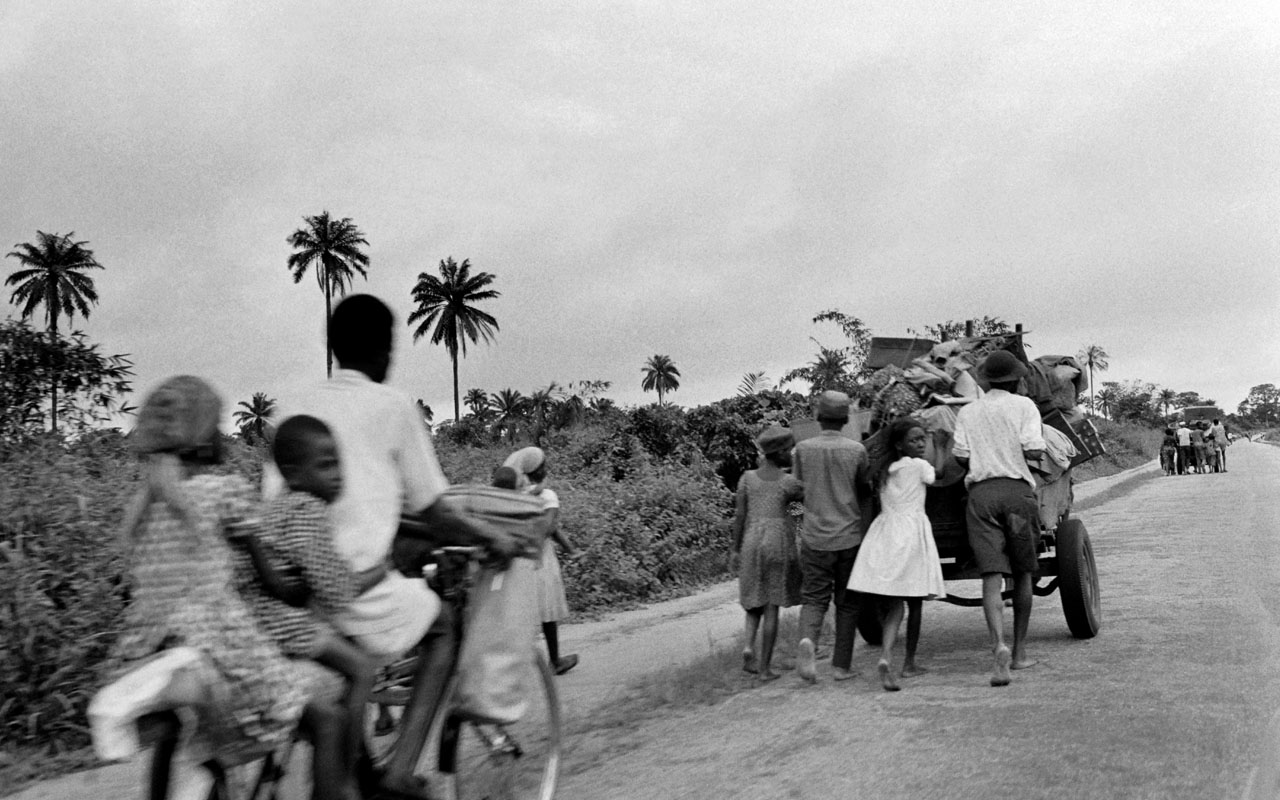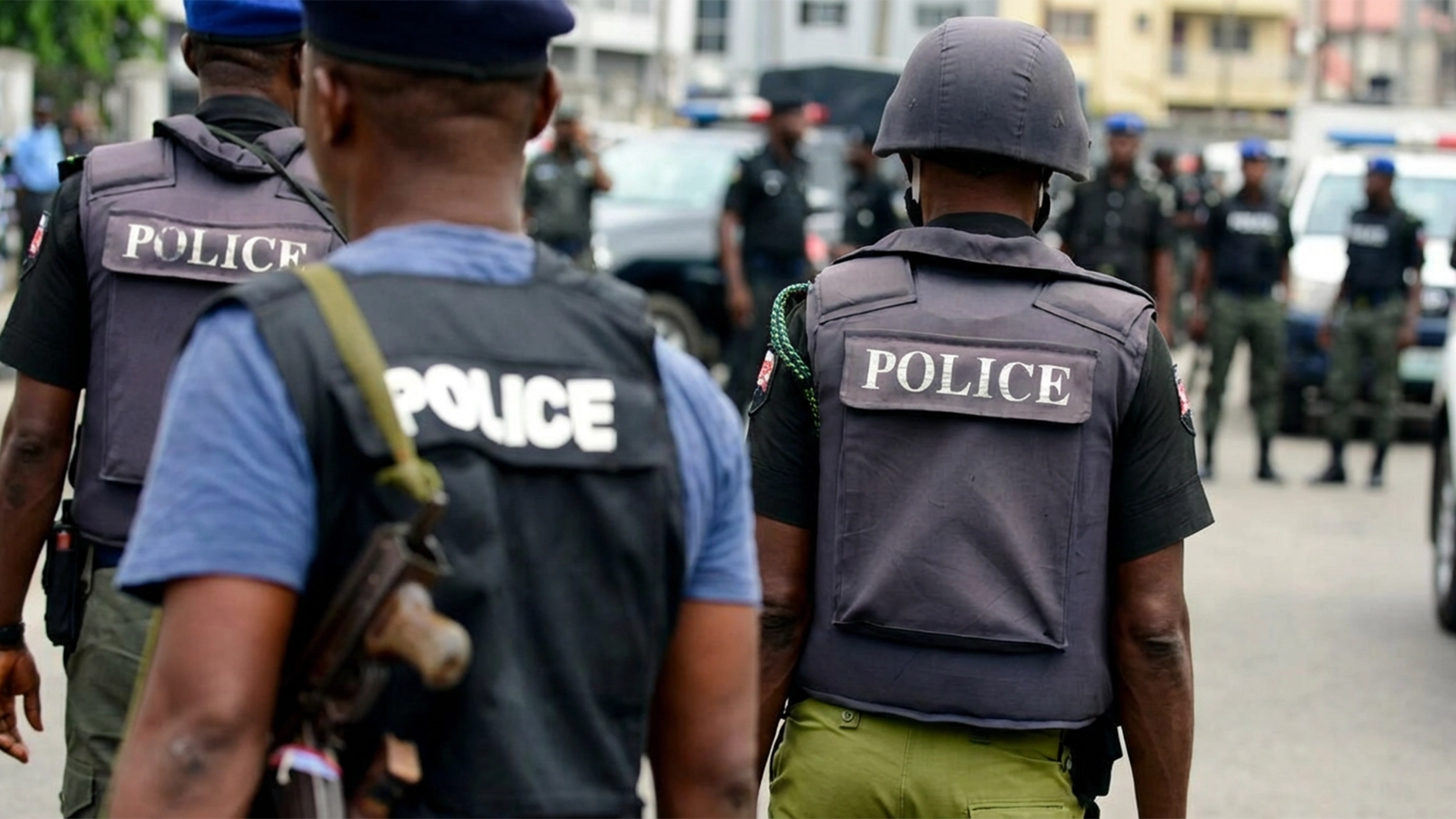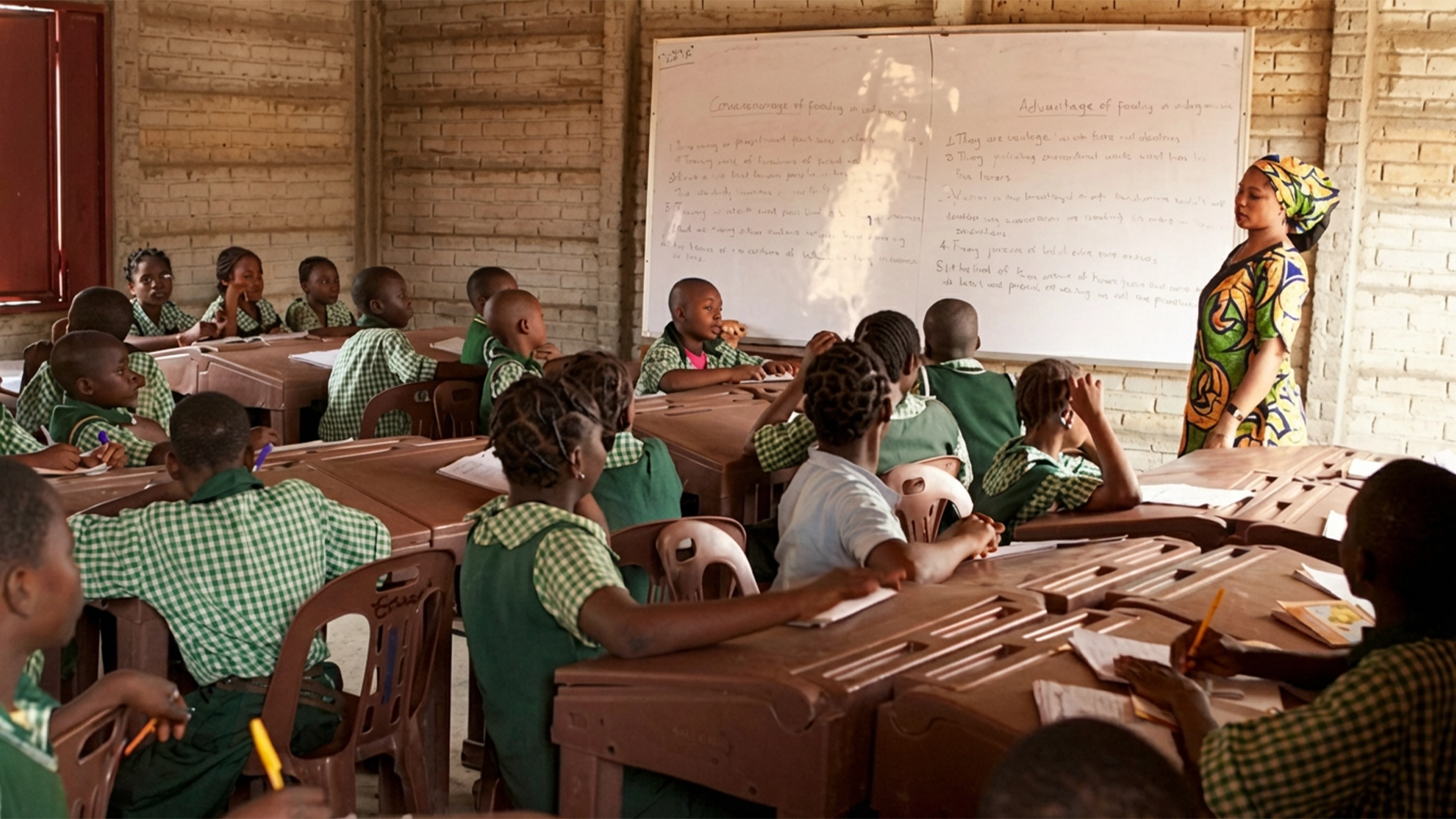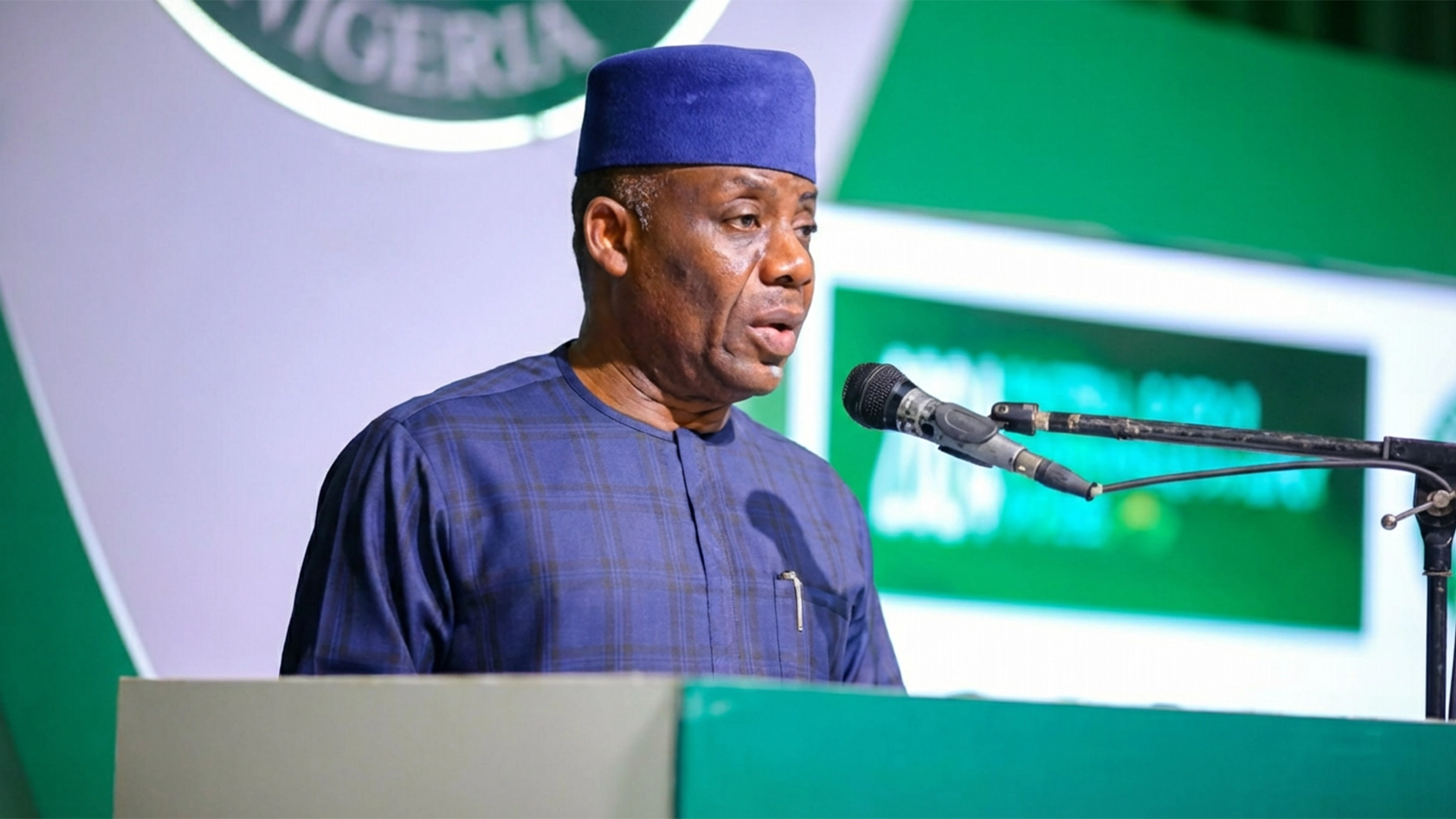
Even though anniversaries of certain events may be worthless for nation building as some pundits claim, the 50th anniversary of the end of the Nigerian Civil War, which started in 1967 and ended in 1970, is an important historical marker for Nigeria. Apart from providing a veritable moment for sober and candid reflection on the controversial issue of nationhood and federalism, it also interrogates the value of collective memory for national progress.
These points were brought to the public space at the “Never Again Conference 2020” organised the other day by Igbo think-tank, Nzuko Umunna, Ndigbo Lagos and civil society organisations. Along with submissions from former Head of State, Gen. Yakubu Gowon (rtd.), Prof. Wole Soyinka, Prof. Pat Utomi, one of the high points of the conference was captured by the keynote speaker and professor of political history, Prof. Banji Akintoye.
In a blunt analysis of the present state of affairs, Akintoye stated: “The voices of the majority register protests continually and are continually disrespected and ignored. The state of the law is patently being subsumed to the needs of that agenda, with seriously damaging effects on human life.” He explained that this situation is promoting a feeling in certain sections of the country that “they are being reduced to the status of conquered peoples of Nigeria.”
In the same vein, Gowon, Soyinka, Utomi and other speakers at the event were unanimous on the position that Nigeria’s national unity is predicated on mutual respect of ethnicities, addressing deep-seated animosities, respect for the principles of democracy and aversion to situations that would lead to another war.
Indeed in agreement with many of the discussants at the conference, the events playing out in Nigeria today should make us ponder whether any lessons have been learnt from the two and half years civil war. In this age of social media and its widespread followership among the youths, there is a gradual rehash of the pre-civil war years hate narratives. People are more brazen in their resolve for anarchy and impunity. The gulf between the corrupt rich and deprived poor is widening, while religious divides are sharper than ever. This is scary and unfortunately so 50 years after.
Today, more than ever before, the same bigotry and bitterness of petty-minded Nigerians, the same greed and grandiloquence of prebendal politics have all brutally enveloped the country. What is more? More than ever before, the country is witnessing one of its worst security situations. And at a time like this, Nigerians must ponder on what lessons can be passed on to young people who were never witnesses to the war.
Besides, despite the “No victor, no vanquished” verdict of the then Head of State, Gen. Yakubu Gowon, the truths about the civil war still elude Nigerians. There are as many versions of the war narratives as there are interests. Though history recorded the efforts made to salvage battered nationalistic spirits through reconciliation, reconstruction and rehabilitation, little or nothing suggests in today’s Nigeria that healing has taken place. If Nigerians were healed after the civil war, why did Nnamdi Kanu emerge? If any rehabilitation occurred why are Nigerians being regarded as strangers and treated like a conquered people? Are Nigerians incapable of speaking the truth about the civil war?
Notwithstanding, this newspaper is persuaded that it is such situations as the resurgence of pre-civil war sentiments that make it inexcusable for us to draw lessons from past mistakes and from the evils of war. Whilst the horrors of the civil war have remained ever traumatizing as they were then, they nonetheless should instil fear and restraint in us not to wish for another war. Already Nigerians are besieged by problems that pose as wars raging in the country. If one is not a target of Boko Haram insurgents or Fulani herdsmen or murderous kidnappers, one is a victim of the self-inflicted sufferings we have collectively imposed on ourselves. Thus, there is no way another war would make sense to Nigerians. Nigerians are tired of the carnage. We do not want another bloodshed.
Moreover, wars have not been known to better the lot of any country at war with itself. The primary beneficiaries of wars are not the people fighting but the flourishing economies of exporters and manufacturers. According to the Stockholm International Peace Research Institute, the top five weapons exporters (United States of America, Russia, France, Germany and China) were responsible for three-quarters of all global arms exports between 2014 and 2018. For developing economies like Nigeria, therefore, going to a needless war is an expensive venture that enriches the powerful nations of the world while impoverishing the former.
The last 50 years also questions the value of collective memory for us Nigerians. Though Nigerians tend to remember traumatic experiences of the past, they are seldom able to garner the value of the memories for building the future. The shallowness of our collective memory is seen in the way we forget that which is important. The works, deeds and thoughts of our illustrious forebears are remembered mainly for personal advantage. Collective amnesia is felt in the forgetfulness to progressively appropriate the good deeds of people for national growth.
This newspaper believes that this memorial is very relevant to nation building if Nigerians are to understand the truth about their corporate existence. Just as genuine historical markers are necessary for takeoff points in the annals of a people, the 50th anniversary of the Nigerian civil war should propel the country to some aspired greatness. One can understand the value of what one is from understanding where one is coming from.
Providentially, the ill-advised ban placed on the teaching of history in secondary schools has since been lifted. The claim about history’s non-viability to economic development has been found to be false and spurious. With this dramatic re-introduction of history, Nigerian children would be equipped to know the truth about their present circumstances and where they are coming from. If truth heals, as the saying goes, then all possible truths are necessary for better understanding of Nigeria.
In times like this, when supposedly healed scars of hostilities are being re-opened by narratives of untreated hostilities, when tales of war are retold with heavy hearts, the sagely Soyinka admonishes elsewhere: “At such rare moment, memory ceases to be a burden. It becomes a quiescent stock-taking, an affirmation of existence in the present and a resolve in defence of unborn generations.”
It is in this regard that we implore political leaders to enhance the credits in nation building by embracing partnerships that transcend party lines. The prevalent practice of promoting divisive politics or reducing social organisations to political party alliances should be discouraged both in words and actions. Politicians and public officers should condemn in unambiguous terms acts and policies that do not bestow a sense of belonging on other Nigerians. Nigerians should realise that a united Nigeria now is better that a split country.
As Nigerians reflect on the prospect of a truly federal nation, they must courageously sift the bitter truth about the precarious state of affairs from the echoes of collective wisdom in the voices of the majority. They should realise that the dream of a truly united Nigeria will materialise if and only if we all recognise the power in our diversity in terms of resources just as we do in religion and culture, appreciate this diversity and harness it for our common good.






